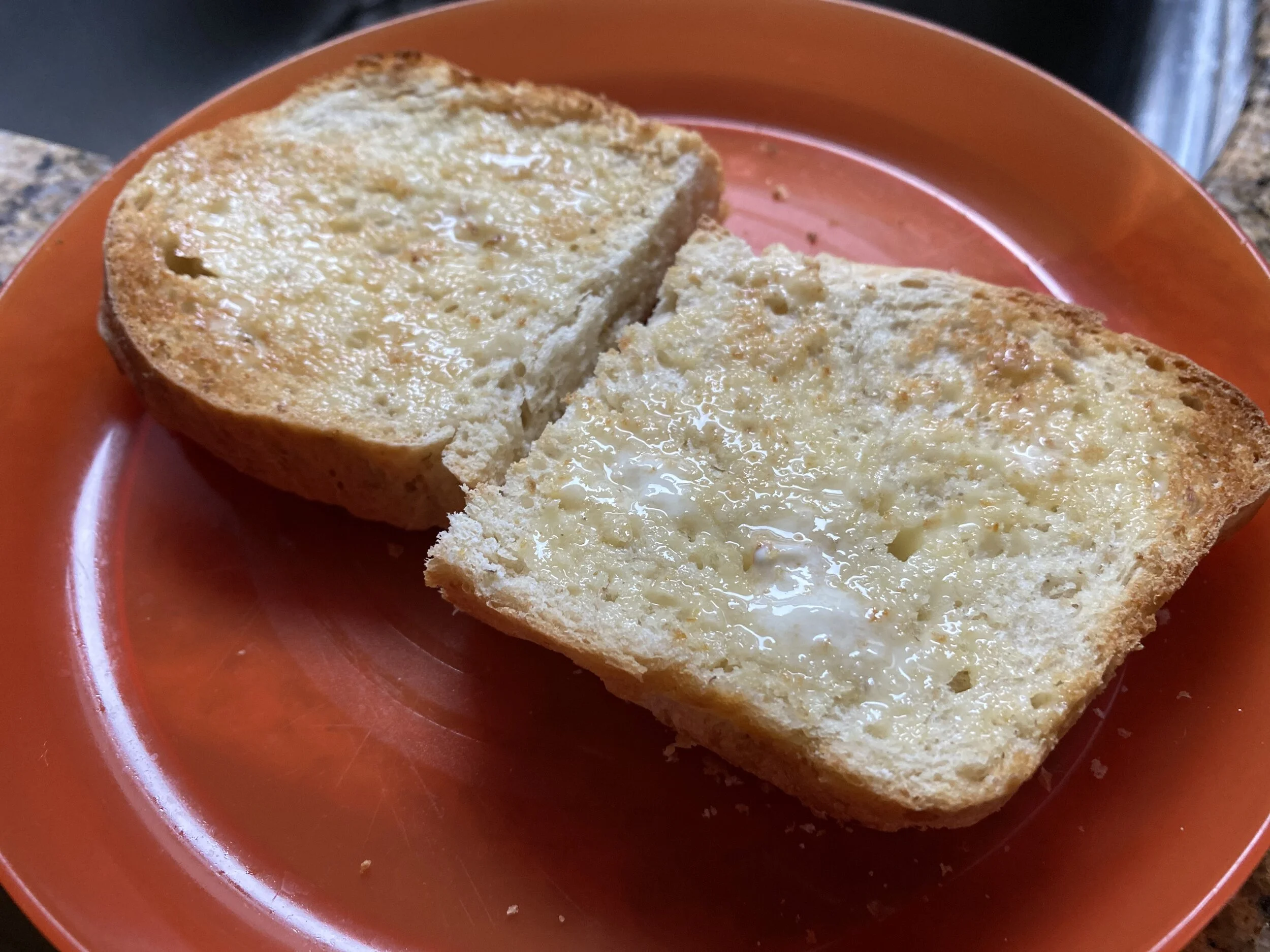On George Floyd and the House on Fire
When I started House of Carbs, I intended it to be a blog about food and politics. Thus far, it’s just been a blog about food. And that’s ok. There’s a place for that. I have a curried potato empanada recipe I’ve been sitting on that I’m looking forward to sharing with you. But I just, in good faith, couldn’t talk about empanadas this week.
Instead, I want to talk about examining racist beliefs and taking action.
I remember when I first heard the phrase, “Black Lives Matter,” I had a visceral instinct to say, “but what about all lives?” (yes, everyone’s a little bit racist, and I still am). This cartoon by Kris Straub, perhaps more than anything else, helped me understand what Black Lives Matter is about, and I’ve been thinking about it a lot lately.
While basically all houses need some form of repair, some are on fire. What George Floyd’s death (on top of Breonna Taylor’s, and Ahmaud Arbery, and so many more) shows us, once again, is where the fire is.
So how do we start putting it out?
There isn’t one answer to this, and I’m still forming my own, but here are my current thoughts:
Examine your own power and privilege. I confess, I initially felt powerless as I watched the news. “What can I do on this national issue? I’m stuck at home, and not working right now. All I can do is read the news.” But then I asked myself, “What power do I have? What privilege has shaped my own life?” When I looked through that lens, I saw a lot of resources I had overlooked. For instance, I have a network of other privileged people. I’m an alum of prestigious institutions, including Booth, the alma mater of Amy Cooper. I have free time that I can use right now to take action. I have the opportunity to pursue jobs where I could be a hiring manager and the owner of a marketing budget. Etc. Etc. If you suspect you are a privileged person, it may be helpful for you to write down the reasons why, both to recognize the role that structural racism has played in your own good fortune and to start thinking about how you could use it to help others.
Ask yourself how you can use your power and privilege to help. Once I could see my power, I began to think about how I could use it. I wrote friends and family to ask them for donations to support police reform via Something Sweet for Dad. I signed and circulated a petition to add anti-racism training to Booth’s curriculum and volunteered to help get it in front of the school’s leadership. I used some of my free time to join a protest. I accepted a job with Capsule in part because it’s an opportunity to lead a team, own a budget, and expand health access to communities of color.
Adopt a learner’s mindset. I recognize that I am far from done in learning about racism and in taking action to counteract it. Perhaps most scarily, I recognize that as I try to learn and act, I am going to make mistakes. These mistakes could be embarrassing to me and painful to people I care about. There’s also an inherent risk when you are seeking ways to challenge the status quo. But just like learning to ride a bike, you have to take some falls. The goal is to get back up and learn, not to avoid every possibility of pain. That’s why I am committing myself to 100 days of anti-racist action, which I will be tracking here. Thanks to Libby Weissman, as ever, for inspiration on taking structured action.
I welcome ideas and feedback, and I’m thankful to those who are sharing this journey with me.







